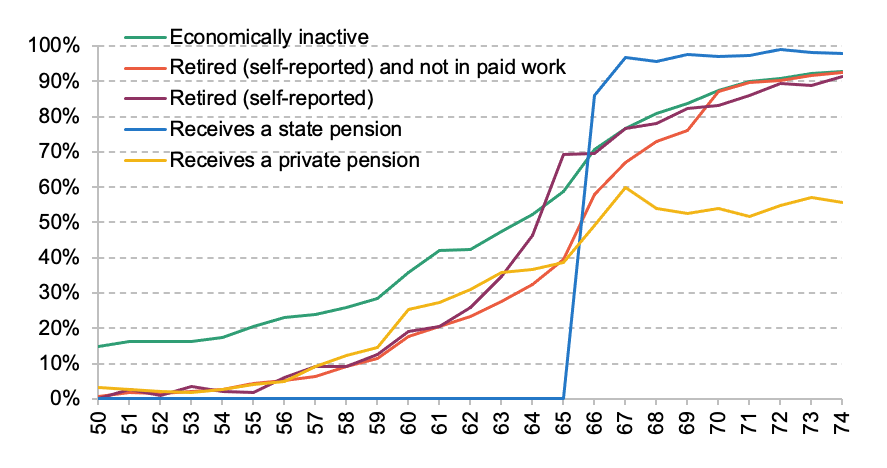
Introduction to State Pension Age
The state pension age (SPA) is a critical area of concern for millions of individuals in the UK as it directly impacts their financial planning and retirement. Introduced to adapt to increasing life expectancy and changing demographics, the state pension age determines when individuals are eligible to receive the state pension. As of 2023, the government continues to review and adjust the SPA, making it crucial for current and future retirees to stay informed.
Current State Pension Age Regulations
As of October 2023, the state pension age for both men and women in the UK is gradually increasing, with the current age being set at 66. The government plans to raise this age to 67 between 2026 and 2028, and further increments to 68 are anticipated between 2037 and 2039, depending on life expectancy. These changes are a part of the government’s strategy to ensure the pension system’s sustainability amid an ageing population.
Impact on Future Retirees
These adjustments to the state pension age can dramatically influence individuals’ retirement plans. The increase means that many will need to work longer before they are eligible to receive their state pension, which may affect their financial well-being and overall quality of life in retirement. For instance, those born in the late 1950s and early 1960s may find their expected retirement timeline shifting significantly, causing stress and uncertainty.
Public Response and Government Position
The government’s approach has been met with mixed reactions from the public. While some acknowledge the need for reforms and the realities of longer lifespans, others express concern over the fairness and timing of the increases. During consultations, various stakeholders, including pensioners’ associations, highlighted the challenges faced by older workers, who may struggle to maintain employment due to health or job market conditions.
Conclusion: What Lies Ahead?
With the state pension age expected to keep changing, individuals must remain proactive about their retirement planning. Financial advisors recommend that people take these changes into account when forecasting their financial future and saving for retirement. The government’s commitment to reassessing the pension age every five years indicates a flexible yet guided approach to sustain pension viability in the long run. As citizens adapt to an evolving landscape, staying informed will help navigate these changes effectively.
You may also like

Understanding Tax: Its Importance and Recent Changes

Current Insights on Shell Share Price
